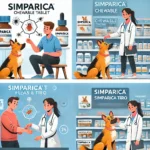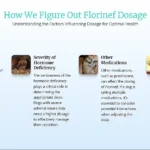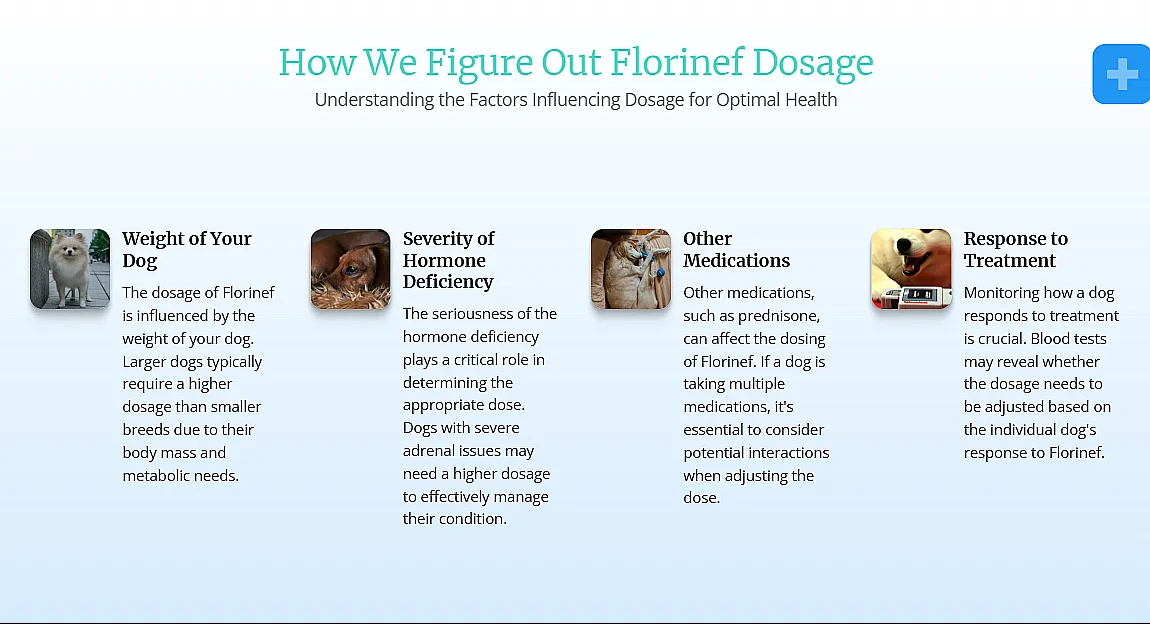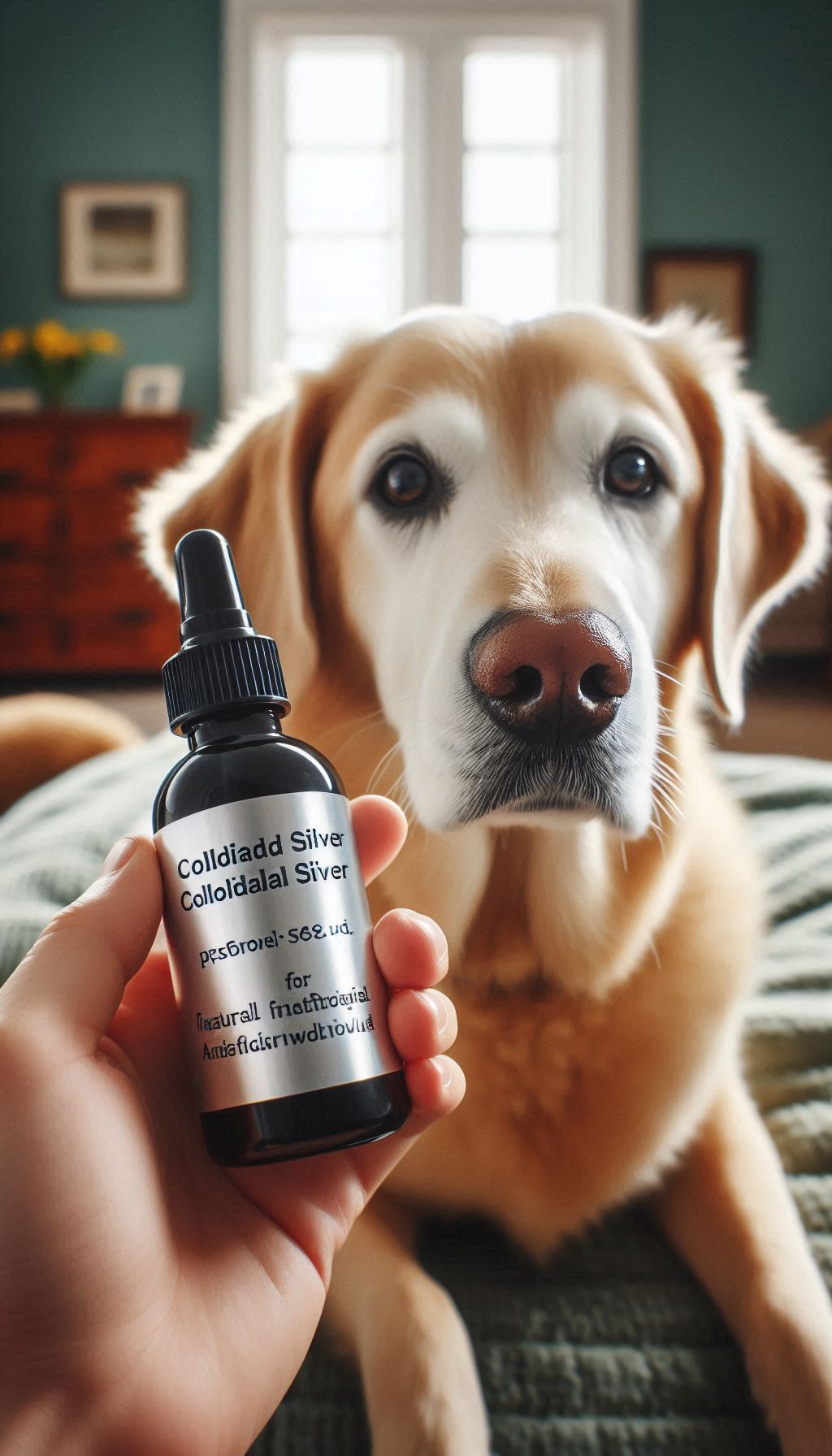
As more and more people are choosing to switch to a plant-based diet, many dog owners are wondering if they can feed their dogs plant-based meat.
According to a recent survey, 40% of dog owners are interested in feeding their furry friend a vegetarian or vegan diet. However, there is a lack of clear information and guidance on the topic, leaving many owners confused and unsure about what to feed their furry friends.
In this blog, we will explore the potential benefits and drawbacks of feeding your pup plant-based meat, and provide some tips on how to properly plan and provide a balanced vegetarian diet for your furry friend.
So, if you want to learn more about whether dogs can eat plant-based meat, be sure to read on.
What is plant-based meat?
It is an imitation of real meat made from plants. It has the same texture and flavor as regular animal protein but without any animal products or byproducts;
it’s usually made using soy, wheat gluten, and other vegetable proteins.
They are generally much lower in saturated fats than traditional meats and often contain added vitamins, minerals, and fiber for improved nutritional value. They can be cooked just like regular meat: grilled, fried, or baked.
How to make a plant-based diet for your dog?
A vegan diet for dogs consists of only plant-based ingredients, including
legumes, grains, fruits, and vegetables.
In order to ensure that all the nutrients dog needs from vegan food, it is important to consider the type and amount of each ingredient in the food.
For example, omega-3 fatty acids are important for maintaining a healthy coat and skin among pups, so you should look for vegan food that contains sources of these nutrients like flaxseed oil or algae oil.
It is important to provide additional supplementation if needed depending on your individual pup’s needs.
With careful planning and consideration, you can create an optimal plant-based diet for your pup that provides him with all the essential nutrients he needs!
What to look for in a vegan dog food
When looking for vegan food, it is important to make sure that the ingredients are all plant-based.
Look for ingredients such as peas, lentils, rice, and potatoes.
Avoid ingredients like animal by-products or eggs.
Also look for specific vitamins and minerals that your pup needs for a balanced diet, such as vitamin B12, omega-3 fatty acids, and zinc.
Make sure the food you choose does not contain any artificial colors, flavors, or preservatives.
Does Feeding Vegetarian Meat to Dogs Create Any Problems?
Although veggie meat is often marketed as a healthy and nutritious alternative to traditional meat-based canine food, it can actually be bad for some.
- Pups with hypothyroidism may experience adverse reactions from the soy proteins found in vegetarian meats.
- Onion and garlic are common ingredients, which are known to be potentially harmful to pups.
- Human food should generally not be fed to your dog, so feeding this meat could also lead to digestive issues or other health concerns.
Ultimately, if you choose to feed your furry friend veggie meat, it’s important that you do your research beforehand and consult with your veterinarian first.
Can dogs eat Beyond Meat?
Dogs may be able to eat Beyond Meat burgers, but it is not recommended as a regular food choice. If you want to offer your pup a Beyond burger,
make sure it is cooked thoroughly and without any seasonings or condiments that may be toxic.
Foods like Beyond Meat burgers provide very little in terms of nutrition for dogs and could lead to digestive issues if consumed too often.
Can dogs eat Beyond Meat Sausages?
When it comes to feeding your pup Beyond Meat sausages, it is recommended to avoid them. Beyond Meat, products contain a variety of ingredients that may not be beneficial for canine health.
- These include:
- Citrus extract,
- Methylcellulose, and
- Other preservatives, and additives that are not suitable or good for dogs.
- The high sodium content in Beyond Meat sausages can cause dehydration in your pup if eaten regularly.
Therefore, it is best to avoid feeding your pup these sausages as part of their regular diet.
Can dogs eat beyond meat jerky?
No, dogs should not eat beyond meat jerky. While Beyond Meat may be a healthy alternative for people, it contains ingredients that are not suitable for canine consumption such as
Brown sugar, onion powder, vinegar, lemon juice concentrate, pomegranate concentrate, spices, garlic powder, and citric acid.
These ingredients can cause digestive upset in your dog and may even be toxic if ingested in large amounts.
Can dogs eat vegetarian meat substitutes?
Dogs can eat vegetarian meat alternatives, though it is not recommended. Its substitutes are typically made with ingredients that are safe for humans to consume, but pups should not eat them in large amounts as they may be sensitive to foods commonly consumed by humans.
Which vegan ingredients are toxic to dogs?
Vegan ingredients can be toxic to pups.
Common vegan ingredients such as garlic, onions, coconut oil, and grapes can be bad for pups.
These items contain compounds that can cause harm to the digestive system of a canine if consumed in large quantities.
Many nuts like almonds and macadamias can be dangerous for small pups due to their high-fat content and potential for choking hazards.
Can dogs eat plant-based burgers?
No, dogs should not eat plant-based burgers.
According to the Beyond Meat website, their plant-based burger contains;
Methylcellulose, salt, potassium chloride, pomegranate concentrate, and lemon juice concentrate. They are not safe for pups.
Potassium chloride is especially dangerous as it can cause heart problems in pups if ingested in excessive amounts.
Pomegranate concentrate and lemon juice concentrate can be harmful to a pup’s stomach and digestive system if consumed in large quantities.
Can dogs survive on a vegetarian diet?
Yes, dogs can survive on a vegetarian diet, but it is important to carefully plan and provide adequate nutrients for their specific needs.
They are omnivores, meaning they can get nutrients from both plant and animal sources, but they have evolved to require certain nutrients from animal sources that may not be readily available in a veg diet.
A properly balanced veg diet for your furry friend should include protein sources such as legumes, grains, and soy products, as well as essential amino acids, fatty acids, vitamins, and minerals.
It is also important to monitor their health and make adjustments to their diet as needed to ensure they are getting all the necessary nutrients.
It is also important to note that not all canines will thrive on a veg diet, and it may not be suitable for certain canines with specific health conditions or nutritional needs.
It is always best to consult with a veterinarian before making any significant changes to a dog’s diet.
In conclusion
While dogs can technically survive on a vegetarian diet, it is important to carefully plan and provide adequate nutrients for their specific needs.
Plant-based meat alternatives, such as beyond meat jerky, plant-based chicken, and plant-based hot dogs, are not recommended for pups as they are designed for human consumption and may not provide the necessary nutrients for a pup’s health.
It is always best to consult with a veterinarian and stick to dog-specific treats and foods to ensure their health and well-being.
Faq
Can dogs eat plant based chicken?
It is not recommended for dogs to eat plant-based chicken. It is designed for human consumption and may not provide the necessary nutrients for a pup’s specific needs.
They may also contain ingredients that are harmful, such as onion and garlic. It is always best to stick to pup-specific treats and foods to ensure their health and well-being.










